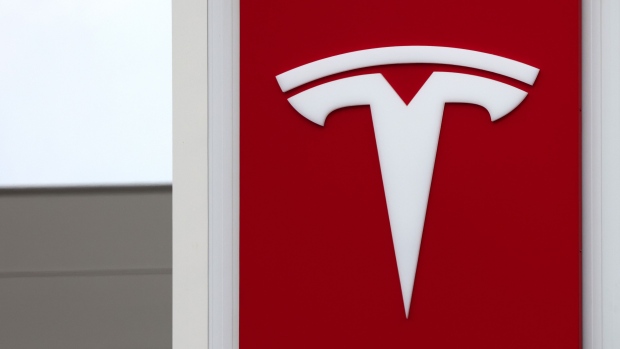Jun 6, 2023
Tesla's US$2.6 billion SolarCity buyout ruled fair
, Bloomberg News

Tesla Inc.’s US$2.6 billion acquisition of SolarCity in 2016 was “entirely fair” to shareholders, Delaware’s top court ruled, upholding the dismissal of an investor lawsuit and sparing Elon Musk from a potential multibillion-dollar hit.
The Delaware Supreme Court on Tuesday ruled that negotiations over the deal “were conducted at arm’s-length, in good faith, with the advice of independent financial and legal advisors, led by an indisputably independent director, and, thus, constituted a fair process that led to a fair price.”
Tesla shares rose as much as 1.5 per cent after the news and were up 1.2 per cent at $220.30 at 2:15 p.m. in New York.
Randy Baron, a lawyer for the investors, declined to comment on the decision. Tesla didn’t immediately respond to an email seeking comment.
Claims of Improper Influence
The investors who sued in 2016 over the buyout of the struggling solar power provider alleged that Tesla co-founder Musk was too involved in the buyout for it to be fair to the electric car maker’s shareholders. At the time he was the chairman and largest shareholder of SolarCity, which was run by his cousins.
In April 2022, then Delaware Chancery Judge Joseph Slights III found that Musk didn’t improperly force fellow directors to accept an overpriced buyout of SolarCity, although he faulted the billionaire for failing to properly remove himself from the deal.
Read More: Musk Defeats Investors’ Claims SolarCity Deal Was Flawed
Musk was the only Tesla director to challenge the investors’ claims in court, after his colleagues on the board agreed to a $60 million settlement. Last year’s ruling, Slights’s final major decision before he retired from the bench, saved Musk from handing over as much as $13 billion in Tesla shares he got as part of the buyout.
It would have been a substantial ding even to his fortune, now at $202.1 billion, according to the Bloomberg Billionaires Index, which Musk currently tops.
‘Bad Human Being’
During a trial of the investors’ claims, the famously outspoken entrepreneur sparred repeatedly with Baron over the course of about eight hours on the witness stand, saying his questions were “deceptive” and at one point declaring him a “bad human being.”
The appeals court on Tuesday rejected arguments by the investors that SolarCity’s stock price on June 21, 2016, was the only basis of Slights’s decision. Instead, the high court ruled, the judge’s finding that the buyout price was fair was sufficiently based on other factors, including “an array of valuation and fair price evidence” presented by Musk, such as a fairness opinion issued by Evercore and supporting analyses.
“We are convinced that the record supports the conclusion that the acquisition was entirely fair,” the appeals court said. “The trial court’s opinion is replete with factual findings and credibility determinations, and those determinations have not been challenged and decidedly weigh in favor of Musk.”
The appellate panel did criticize Slights for not fully explaining how he came to his conclusion, saying the litigants and the court “would have been greatly aided by a more fulsome discussion of how the trial court weighed the valuation evidence.”
The case is In Re Tesla Motors Inc. Stockholders Litigation, 181, 2022, Delaware Supreme Court (Dover).
--With assistance from Jef Feeley and Esha Dey.








